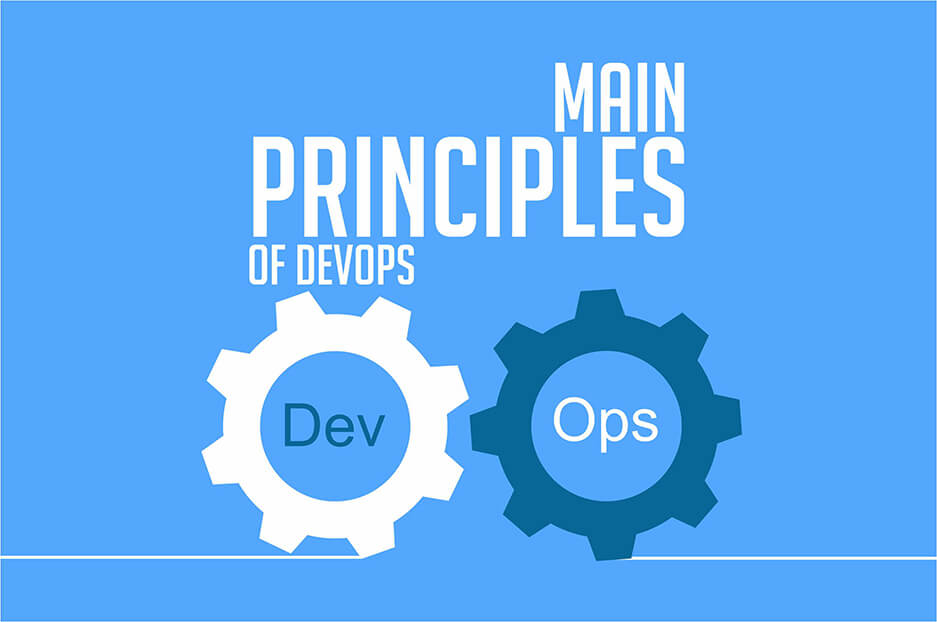A great method to deliver a website to your consumers faster and with fewer bugs is DevOps. A culture where web developers and operations work together hand-in-hand can increase productivity a lot. We have previously written about DevOps origins and benefits, and today we will focus on the key principles of DevOps practices.
Core principles of DevOps
Creating DevOps culture
Organizational culture is the lifestyle of any company. Culture is the way the working process is organized. Changing culture is a challenge. It should be implemented from the top down, and thus it requires a good leadership.
If you want to drive DevOps culture, start learning to trust and eliminate blame. People working together have to feel free to expose their weaknesses and mistakes without being afraid of being blamed or being retaliated against. The focus should be on finding ways to solving issues and ensuring that they will not happen again, instead of accusing and complaining. Open communication and an atmosphere of trust is a key of DevOps and productive cooperation.
Automating as much as possible
DevOps is a set of practices to automate the processes to make it faster and more reliable. So, automation is like a synonym to the notion of “DevOps”. Sure, not everything can be automated at once. Where it’s possible, replace manual testing with tests configured to run automatically.
Use automated dashboards for both operations and developers staff by running common reports for the whole team. Automated dashboards provide insight in what is going in real time. For example, configuration management tools record who, when and what checked in. Continuous integration tools record when and how many tests ran and for how long, whether those tests were successful, etc. These data can later be analyzed and displayed in automated dashboards, which should be continuously updating.
To prioritize your automation, at first, assess your needs and goals to achieve. Then, identify your restrictions and focus on your bottlenecks and flow. However, new bottlenecks can occur with time. Continuous assessment help detect new things that hold up your pipeline so that you can resolve them. As long as your DevOps pipeline is active, automation needs continuous monitoring for continuous improving to support the end-to-end lifecycle.
Measuring DevOps success
You probably want to know how successful your DevOps practices are, how well the results of your two teams integration are and how well your web product is. An objective judgement about all this should be based on concrete figures, on some metrics, on key performance indicators (KPI). Remember:
- At first, determine your business question and then determine the KPI you need.
- Any KPI should be viewed in the context of other KPIs and never in isolation.
For example, if your business question is how your site impacts your business profitability, then you should measure average revenue per user, customer acquisition costs, conversion rates, etc.
If your question is whether your website is able to provide positive user experience, then your ratios can include number of visits per user or per week, amount of time spent on website, frequency of key transactions, results of A/B tests and so on.
Sharing knowledge
The final element that closes the feedback loop is sharing. Along with continuous integration, continuous delivery and continuous deployment, continuous learning is also an important feature of DevOps. High-performing organizations that are focused on continuous improvement encourage a culture of continuous experimenting, learning and sharing experiences and knowledge between individuals, teams and departments.
Peer code reviews, lunch-and-learn meetings and other ways to share intellectual ideas between employees contribute to better productivity. The more open your organization is in terms of communication and sharing, the better it will perform.
Now, when you’ve got the understanding of the key principles of DevOps, you can delve into the depths of this practice to build, test, and release your website more quickly and more reliably. If you need DevOps services, contact us to start a cooperation.

